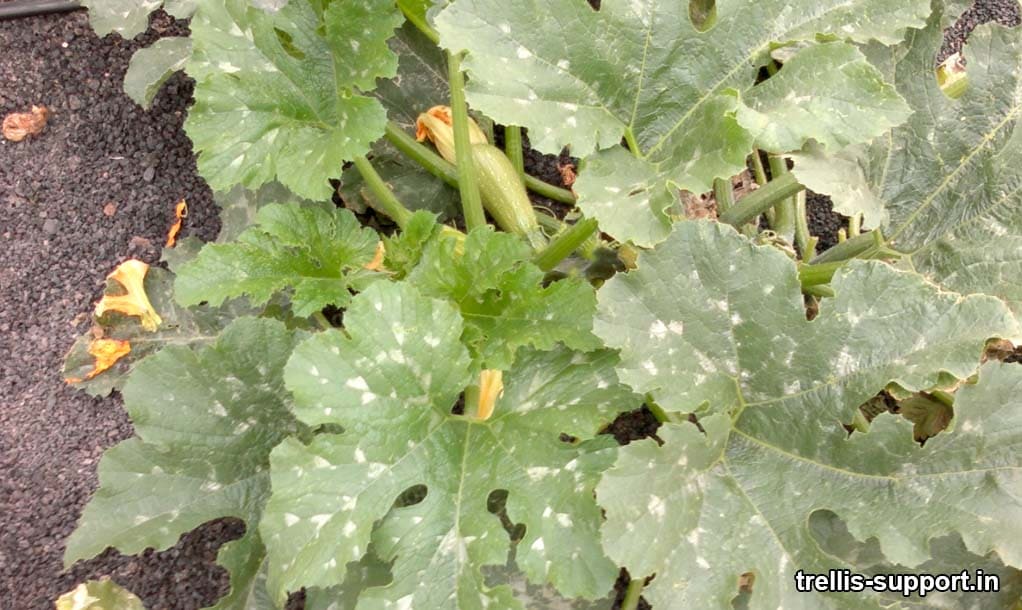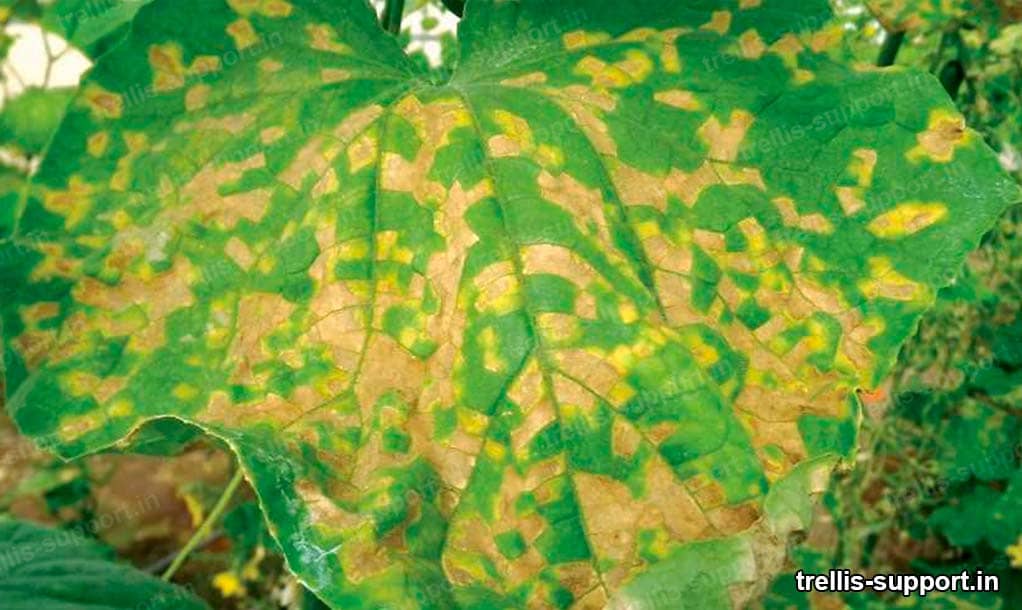It can occur during periods of climatic stress, such as drought and frost, and is one of the main premises of horticulture. The amount of mechanical stress a plant can withstand depends on its genetic characteristics, so it is important to know the qualities of a plant before establishing a plantation. Unfortunately, the negative effects of mechanical stress may not be obvious at first, so growers often overlook the signs of stress.
One of the most important consequences of mechanical stress is damage to plant leaves. Leaves exposed to stress may begin to wilt, twist and even drop. Defoliation decreases the plant’s ability to produce chlorophyll and metabolize light to create energy, resulting in slower plant growth. This reduction in growth usually leads to a decrease in the plant’s crop production, either in a crop or in a garden. It is also possible that damage to leaves exposed to mechanical stress leads to nutrient imbalance. Mechanical stress reduces water uptake by the plant, which reduces the plant’s ability to absorb essential nutrients from the soil. Nutrients necessary for healthy plant development, such as nitrogen, phosphorus and potassium, are detrimentally affected by mechanical stress. This can result in fruits and vegetables that are smaller in size, less nutrient-rich and of poorer quality.
In addition to aesthetic and nutritional problems, mechanical stress can also lead to pest and disease infestation. Infectious organisms take advantage of plant weakness to penetrate plant structures and cause severe damage. Stress prevents the plant from responding adequately to parasite invasion, resulting in increased infestation and further damage. In addition, mechanical stress reduces the plant’s resistance to common diseases due to the weakness of its defense systems.

Mechanical stress can affect plant root systems
This can also lead to severe crop losses. Mechanical stress can affect the root systems of plants. These root systems are affected when subjected to extreme conditions, either due to excess water or excess drought. This can affect the stability of the plant, affecting nutrient uptake and preventing good surgencial development. In extreme cases, this can even lead to plant death.
With all the serious consequences for plant health, it is important to prevent mechanical stress before it occurs. This can be a complicated and difficult process, but there are a number of simple measures that can be taken to ensure that the plantation performs optimally. These measures include maintaining good pest control, practicing proper irrigation and fertilization, using weatherproof materials to cover plants during periods of extreme weather, and maintaining good soil health. These simple measures can help growers prevent their crops from being affected by mechanical stress.
When growers try to overwork the crop, the results can be counterproductive. Excessive contact to a vegetable crop can have destructive effects that, if not corrected, can significantly reduce its yield and quality.
Excessive contact can contribute to malnutrition of a plant. Excessive irrigation can wash nutrients from the soil and tools such as pruners and weeders can remove too much nutrients superficially. Prolonged crop handling also prevents nutrients from being absorbed by plant roots, which reduces plant vigor. In addition, excessive contact can cause physical damage to plants. This is mainly due to prolonged exposure to tools such as pruners and loppers. Excessive use of these tools can cause injury to plant stems, leaving them open to pathogens. Excessive exposure to sunlight can also burn produce.

Damage to exposed plants
Rainfall can also damage exposed plants through various diseases, such as rot and chlorosis. It can also disrupt the natural growth of the crop. This can result from the replacement of natural fauna and flora in the agricultural area. This can alter the natural habitat and biological cycles that allow the plants to receive needed nutrients. Excessive use of pesticides can also stunt the growth of vegetables, as pesticides interfere with the natural balance in the crop’s ecosystem.
Excessive handling can also result in diseases and pests due to changes in the environment. Excessive use of pesticides can also be detrimental because they are often extremely toxic to humans and abiotic wildlife. Infectious diseases are also often associated with excessive contact since any sudden change in climate, for example, can favor the development of pathogens. In addition, it can compromise the nutritional consistency of agricultural products. Excessive handling also reduces the amount of time and energy available to allow crops to mature and allow their nutrients to develop naturally. This can create nutrient-poor produce that does not contain an adequate variety of vitamins, minerals and other essential nutrients.
Contact to a vegetable crop can have significant effects on its productivity and quality. This can include plant malnutrition, physical damage, changes in natural growth, diseases and pests, as well as a reduction in the nutritional consistency of crops. Therefore, growers should monitor contact levels with their crops in order to optimize production and quality. Proper control and attention can ensure that crops are functioning and growing properly to ensure maximization of resource use.